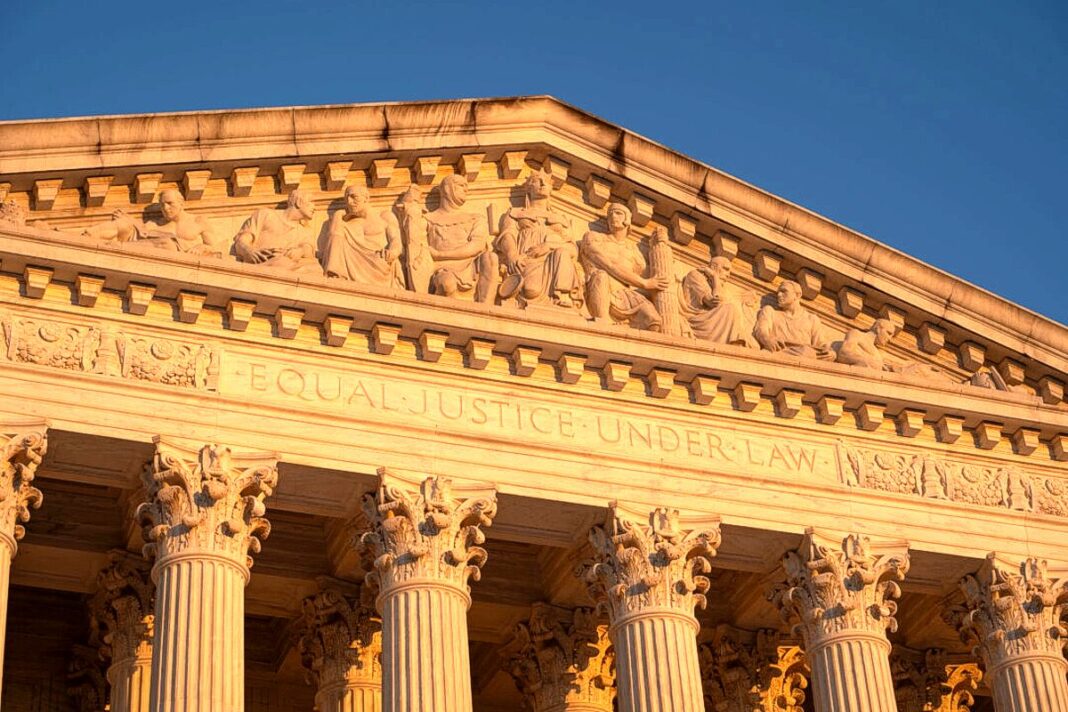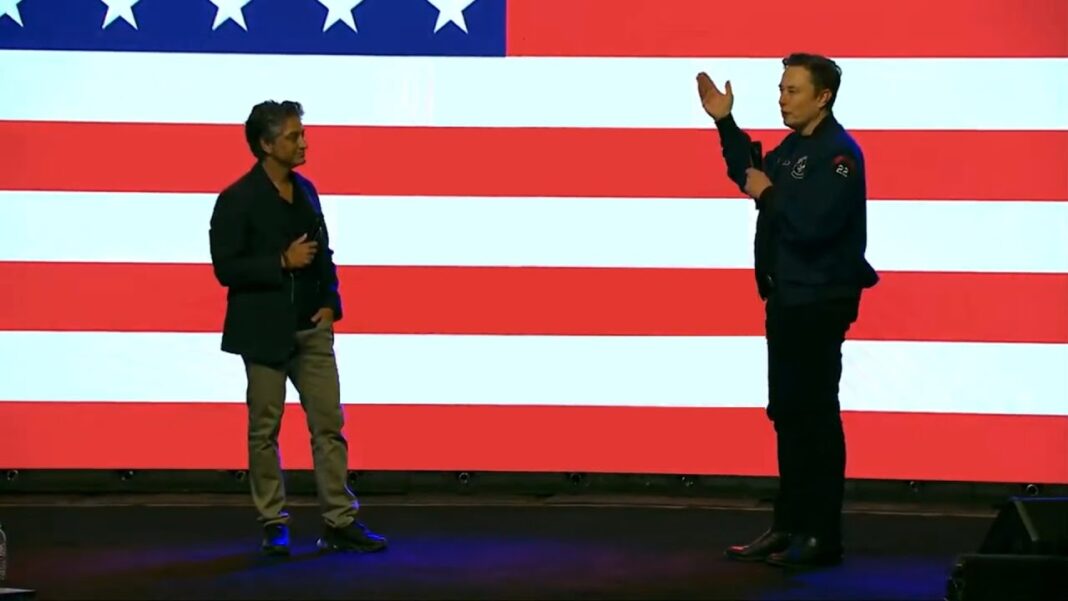A divided lower court previously ruled Catholic Charities is not exempt from unemployment tax because it is not ‘operated primarily for religious purposes.’
The U.S. Supreme Court on March 31 seemed inclined to side with a Wisconsin Catholic charity that argues that it should not have to pay unemployment tax.
The nation’s highest court granted the petition in Catholic Charities Bureau v. Wisconsin Labor and Industry Review Commission on Dec. 13, 2024.
During the hearing, the justices seemed concerned about a lower court ruling in which the court distinguished between religiously affiliated social welfare organizations that proselytize and those, such as Catholic Charities, that do not.
Wisconsin law excuses religious organizations that are “operated, supervised, controlled, or principally supported by a church or convention or association of churches” from paying state unemployment tax.
The petitioner, Catholic Charities, argues that it is unconstitutional to allow the state to decide what work is religious in nature.
The Supreme Court of Wisconsin held 4–3 in March 2024 that Catholic Charities and its four related organizations that serve the developmentally disabled are not “operated primarily for religious purposes,” so they fail to meet the requirements for a tax exemption.
That court held that the activities of Catholic Charities do not qualify as “typical” religious activities because the organization does not “attempt to imbue program participants with the Catholic faith” and because the help it provides to those with mental and developmental disabilities could be carried out by secular organizations.
Justice Ann Walsh Bradley of the state court wrote, “If we looked to the church’s purpose in operating the organization only, then any religious affiliated organization would always be exempt.”
The organizations asked the U.S. Supreme Court to decide if Wisconsin is running afoul of First Amendment religious protections “by denying a religious organization an otherwise-available tax exemption because the organization does not meet the state’s criteria for religious behavior,” according to the petition.
Catholic Charities argues that the state court erred when it found that the services it provides “do not have a religious purpose.”
“Put another way, it doesn’t matter if Catholic Charities gives a cup of water in Jesus’ name because non-religious charities offer cups of water too,” the petition states, interpreting the rationale behind the state court’s decision.







